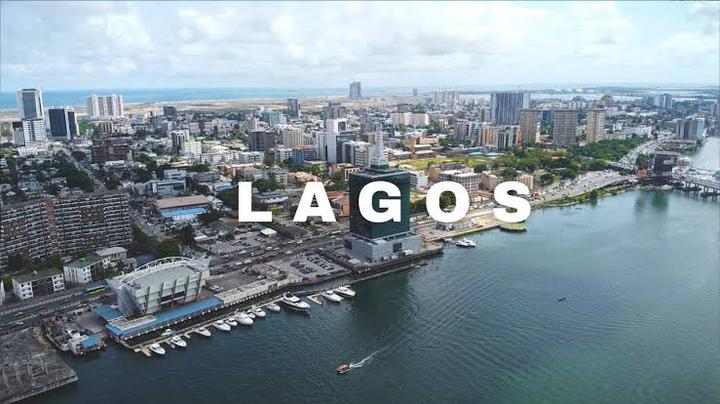Lagos, a bustling coastal city in southwestern Nigeria, is a hub of economic and cultural activity. However, the city’s history is often shrouded in controversy, with some claiming it’s a “no man’s land” that belongs to no particular ethnic group. This assertion is not only false but also erases the rich history and cultural heritage of the Yoruba people, who have a deep connection to the city. Here are seven reasons why Lagos belongs to the Yoruba people.
1. The Awori People, a Yoruba Subgroup, Founded Lagos
The Awori people, a subgroup of the Yoruba, settled in the area around the 14th century and established a thriving fishing community. Over time, the city grew and became a major center of trade and commerce, attracting people from all over the world. However, the Yoruba people remained the dominant ethnic group in Lagos and played a significant role in shaping the city’s history and culture.
2. The Oba of Lagos is a Yoruba Monarch
The Oba of Lagos is the traditional ruler of the city and is considered one of the most important monarchs in Yorubaland. The Oba is responsible for maintaining the city’s cultural heritage and promoting its economic development. The current Oba of Lagos, Rilwan Akiolu, is a Yoruba monarch who traces his ancestry back to the founding of the city.
3. Yoruba is the Dominant Language in Lagos
The Yoruba language is one of the most widely spoken languages in Nigeria and is the dominant language in Lagos. Yoruba is the language of communication for many residents of the city, and it is an essential part of the city’s cultural identity.
4. Lagos has a Rich Cultural Heritage Rooted in Yoruba Traditions
Lagos has a rich cultural heritage that is steeped in Yoruba traditions. From the city’s festivals and ceremonies to its art and music, Yoruba culture is deeply ingrained in the fabric of Lagosian society. Lagos has also been home to many prominent Yoruba artists, writers, and musicians who have contributed to the city’s cultural landscape.
5. Yoruba People Played a Significant Role in Lagos’ History
The Yoruba people played a significant role in the history of Lagos, from its early days as a fishing community to its growth as a major center of trade and commerce. Yoruba warriors fought against European colonial powers to defend the city, and Yoruba merchants helped to establish Lagos as a hub of international trade.
6. Yoruba Cultural Practices are Still Prevalent in Lagos
Many Yoruba cultural practices, such as the annual Eyo festival, are still celebrated in Lagos today. These festivals are an important part of the city’s cultural heritage and serve as a reminder of the Yoruba people’s deep connection to the city.
7. Yoruba People Make Up a Significant Portion of Lagos’ Population
Despite the city’s rapid growth and development, the Yoruba people continue to make up a significant portion of Lagos’ population. According to the 2006 Nigerian census, the Yoruba people make up over 21% of the city’s population, making them the second-largest ethnic group in the city after the Awori….Seë_Morë

